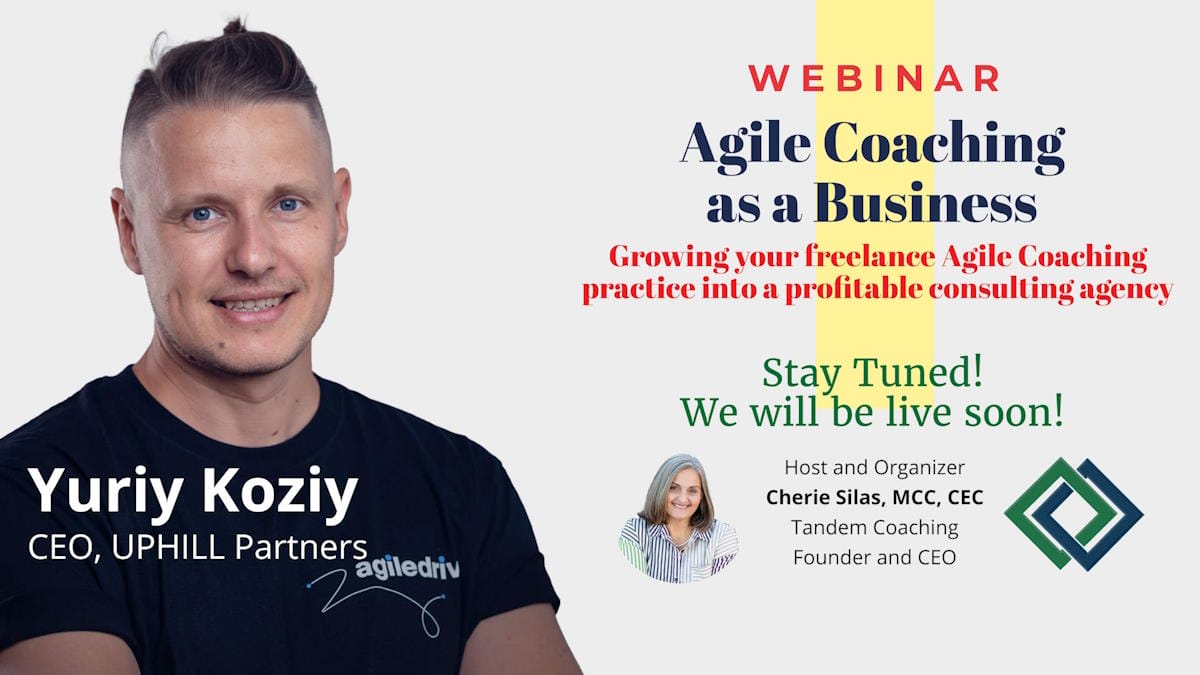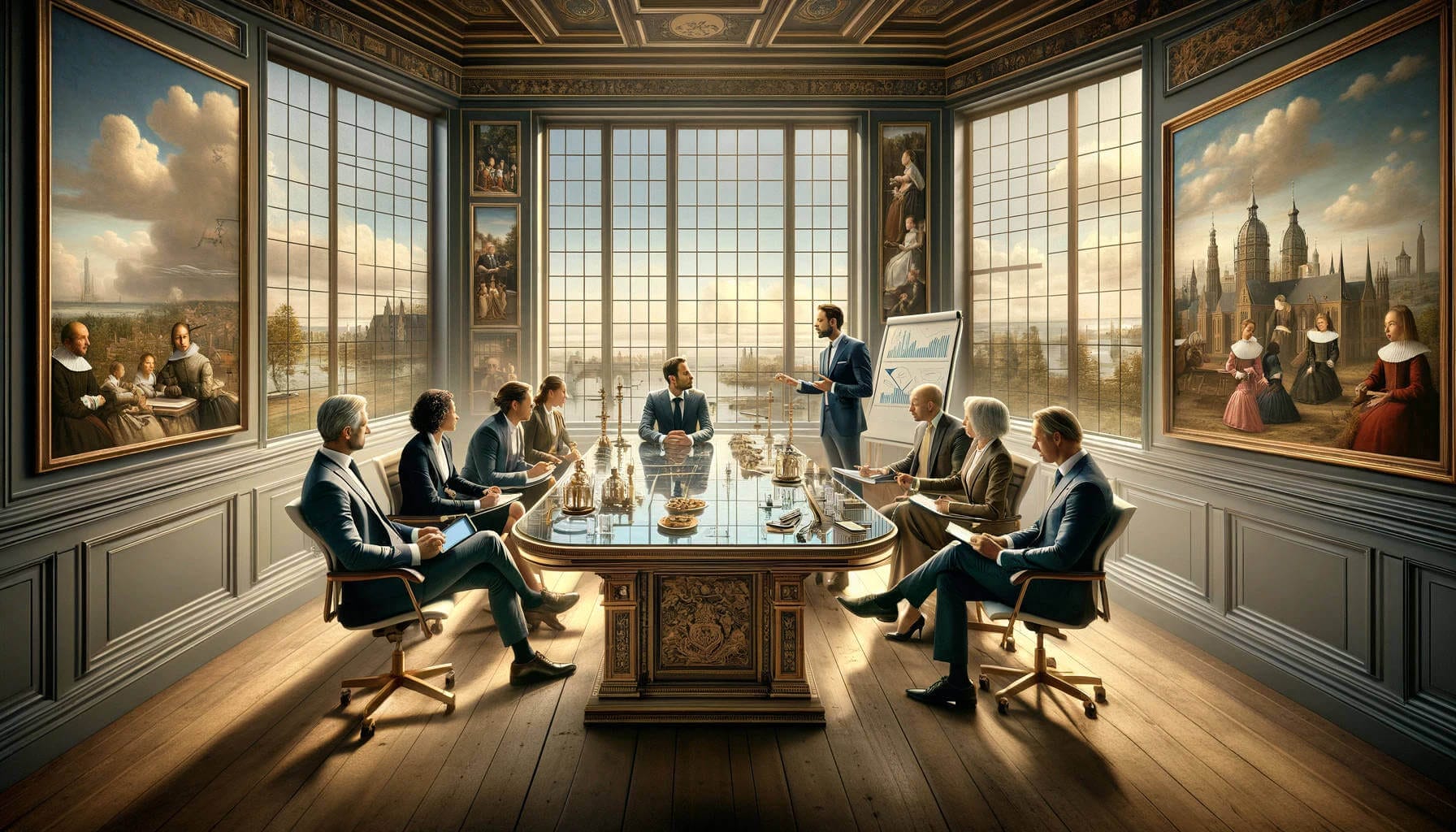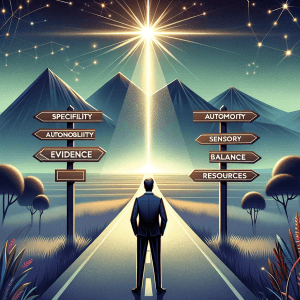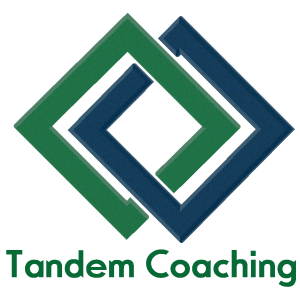Coaching, Coach Training and Everything In Between Blog

Unlock Your Agile Coaching Potential: Transform Your Passion into Profit
Agile Coaching has evolved remarkably over the past three decades, reaching what many consider the Late Majority stage of innovation. With the landscape continually shifting,

Exploring Nooks and Crannies: Executive Coaching vs Life Coaching
Exploring the nuances of executive vs. life coaching, this article delves into how each approach fosters growth differently—executive coaching focuses on enhancing leadership and professional

Unlocking Agile Leadership: 5 Key Coaching Strategies for Executive Success
Discover five key coaching strategies for enhancing executive success in an agile context. Learn how active listening, reflection, client language, emotional exploration, and empathy can

Empowering Leadership: 5 Essential Coaching Strategies for Executive Teams
Discover five essential coaching strategies that empower leadership teams to navigate challenges with emotional intelligence, reflection, storytelling, constructive feedback, and agility, fostering a culture of

Is Hiring an Executive Coach Worth It? Let’s Find Out!
Exploring the value of executive coaching, this article delves into how it catalyzes personal and professional growth. Unpacking the benefits, costs, and strategic considerations, it

ICF Credential Renewal Made Easy – Read This Guide to Renew Your ICF Credential
Renewing your ICF credential signifies a commitment to professional development and coaching excellence. This process, involving detailed application submission and adherence to ICF core competencies

Mastering Listening Actively: An In-depth Look at Updated ICF Core Competency 6 for Coaches
Discover five active listening techniques essential for ICF ACC certified coaches, enhancing coaching effectiveness and leadership development in agile contexts.

5 Keys to Well-Formed Outcomes in Executive Coaching
Discover five essential keys to crafting well-formed outcomes in executive coaching, transforming broad aspirations into tangible achievements for leaders.

The Ultimate Guide to Best Life Coach Certification Programs for 2024
Becoming a certified life coach is a journey that can transform not only your life but also the lives of those you aim to help.

Elevating Leadership: 4 Cornerstones of Effective Team Coaching
Discover the four cornerstones of effective team coaching for leadership and executive teams: cultivating co-creative relationships, emphasizing emotional intelligence, encouraging reflective silence, and nurturing a

Unlocking the True Potential: Coaching the Person, Not Just the Problem
Explore how coaching the person rather than the problem can transform leadership and executive coaching, inspired by Marcia Reynolds’s innovative approach.

Unlocking Agile Leadership: 5 Key Strategies for Coaching High-Performance Teams
Discover five key strategies for agile coaches to transform leadership teams: embracing presence, cultivating emotional intelligence, championing work-life harmony, leveraging silence for reflection, and building





